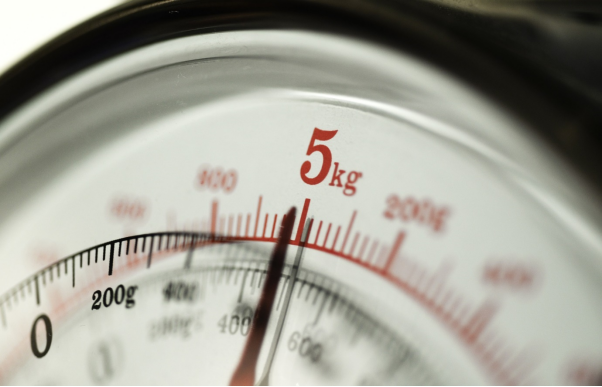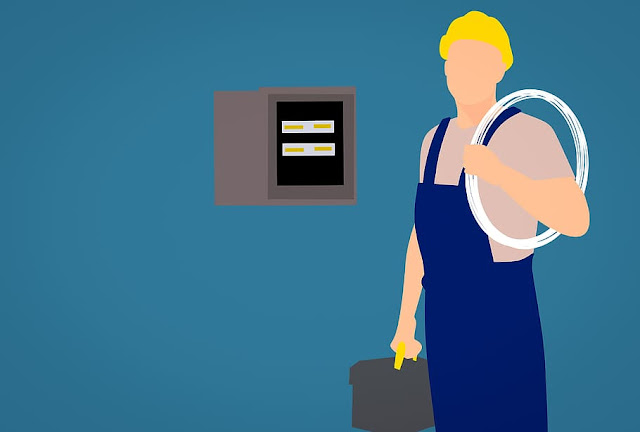What You Need To Know About Mud Pumps
If you're like most people, you've probably had a tough time finding the right mud pump with all the options available in the market
This
article will highlight some important things you should know before buying mud
pumps.
What Are Mud Pumps?
Mud pumps
are a machine with a vacuum that is used to pull water from low-lying areas and into the sewage system. The
units are usually powered by electricity, but they can also be operated on gas
or steam. They work by using air pressure to exert force on water, which then forms a stream
in the pump hose.
Once this
stream is formed, it pushes the water through an intermediate chamber and out
of one or two outlets before circulating back into the input chamber for
re-injection. At this point, most mud pumps will have another outlet from which
they can utilize the output flow downstream for agricultural purposes such as
irrigation or crop flows.
What Are They Used for?
Mud pumps
are usually used in municipal wastewater plants to prevent floods from
occurring. Moreover, if a pump cannot function, water can get into the sewage
collection system and then travel through tunnels or pipes to a primary water
treatment plant.
What Are the Different
Types of Pumps?
Some of the
types of mud pumps that are available include centrifugal, suction and booster
pumps. Centrifugal pumps are used for sewage operations, irrigation and
aquaculture.
Suction
pumps are designed for sewage operations and irrigation uses, but they can be
used for other purposes as well, such as drawing contaminated groundwater into
the sewage system or pulling up underwater cables without disturbing them.
Booster
pumps are the most common type of mud pumps, and they can range in size from 6
to 25 inches in diameter. They can vary in speed but generally look the same.
If you’re looking for pumps for sale, reach out to Contact Instruments. They
provide industry-standard pump impellers, trash pump parts, torque gauges and
systems, and other hydraulic solutions. They are the only original equipment manufacturers
in Canada, specializing in industry-standard instrumentation equipment and
solutions.
All their products go through strict quality assurance tests
before shipment. The core team behind Contact Instruments has been in the
industry for more than 90 years. They leverage their knowledge and experience
to provide a reliable process instrument. Give them
a call to find out more.





Comments
Post a Comment